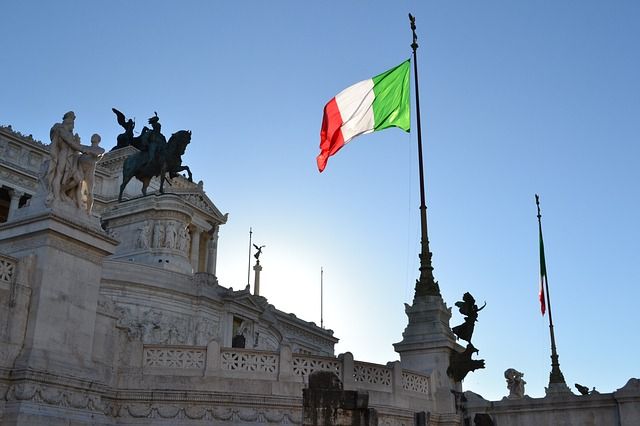Italian government passes tough new migration bill

Italy’s Council of Ministers has passed a decree that will abolish key forms of protection for immigrants and make it easier for them to be deported.
Dubbed the “Salvini Decree,” after Interior Minister Matteo Salvini, a member of the right-wing League party which governs Italy in coalition with the populist Five Star Movement, the decree will also suspend the refugee application process for those deemed to be “socially dangerous,” or who have been convicted of a crime.
Salvini described the measure as “a step forward to make Italy safer.”
Brian Bell has investigated the link between crime and immigration for IZA World of Labor. He writes that “there is no simple link between immigration and crime, but legalizing the status of immigrants has beneficial effects on crime rates.” He suggests that policymakers should focus “on the crime-reducing benefits of improving the functioning of labor markets and workers’ skills, rather than on crime and immigration per se.”
The Italian parliament has 60 days to convert the decree into law.
The bill also limits the number of people being granted humanitarian protection status, currently one in four asylum cases, the form of international protection most commonly granted in Italy. It also includes the planned downsizing of the municipality-led reception system (SPRAR), which has been praised for facilitating integration, and applies stricter rules for obtaining citizenship.
Those opposing the decree are concerned that the new measures will lead to more people undocumented and without rights on the streets of Italy.
In her IZA World of Labor article, Cynthia Bansak looks at the pros and cons of legalizing undocumented immigrants. She says that “[t]he need for legalization programs will remain strong as long as the disparity in global standards of living persists and there are not enough visas for all who wish to migrate.”
Bansak writes that “[c]omprehensive legislation can bring undocumented immigrants into the mainstream and deter new unauthorized immigration. Legalization should be phased in, beginning with temporary work and residence rights and moving to permanent residency for workers who meet requirements. Such balanced programs can boost net benefits to the receiving country while reducing security concerns.”
Read more articles on migration policy.